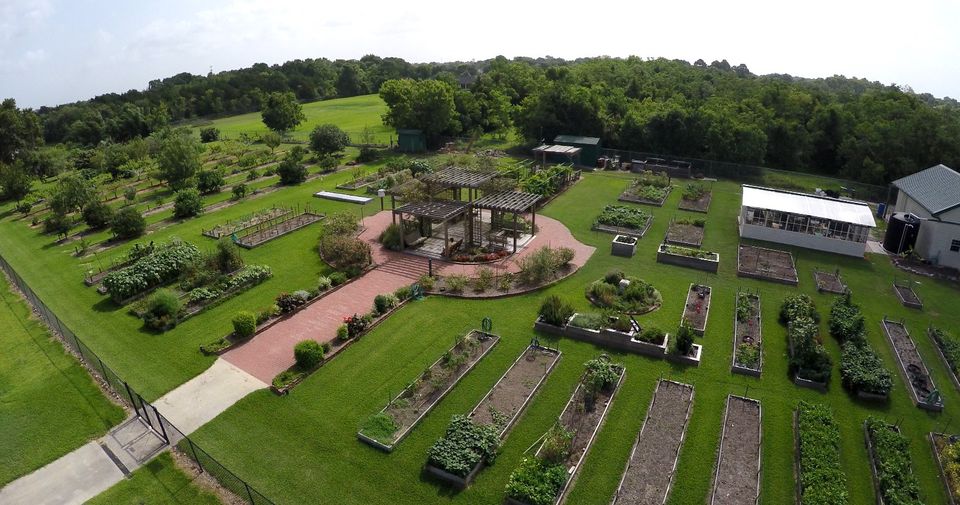
Membership of the Galveston County Master Gardeners Association are over 150 trained and certified Texas Master Gardeners. Our Extension Master volunteers share their knowledge, training and passion for gardening with our local and regional communities.
An active GCMGA member:
- Has completed the Master Gardener course of instruction, fifty (50) volunteer service hours and has been certified by Texas A&M AgriLife Extension Service
- Maintains annual recertification which requires 6 hours of approved Continuing Education Units (CEUs) and 12 volunteer service hours
- Participates in chapter programs that include membership meetings, outreach events, horticulture research, and public education that support community well-being and promote Texas A&M AgriLife Extension Service
Interested in becoming a Texas Master Gardener? We host an annual training program consisting of 11 weeks of valuable in-person workshops. While we are currently at capacity for the 2024 training, we welcome your interest in this and our award-winning Gulf Coast Gardening Series seminars.
Texas Master Gardeners are volunteers trained by Texas A&M AgriLife Extension in research-based horticulture including soil, water conservation, composting, entomology, plant pathology and related subjects. As county AgriLife Extension Service volunteers, they give to the community by extending research-based knowledge and providing solutions in one-to-one problem solving, in a demonstration garden and educational programs. What really sets Texas Master Gardeners apart from other home gardeners is their special training in horticulture.
Texas Master Gardeners are representatives of Texas A&M AgriLife Extension. In all volunteer work related to the program, Texas Master Gardeners follow research-based recommendations of Texas A&M Systems. The title Texas Master Gardener can be used by volunteers only when engaged in Extension-sponsored activities.
- Organize gardening education programs, including high-quality Gulf Coast Gardening Series seminars;
- Maintain an active Speakers Bureau for meetings and outreach events;
- Support an annual Texas Master Gardener certification training course;
- Manage youth gardening projects and education;
- Manage the Discovery Garden, a 4.5 acre education and research demonstration garden;
- Ask a Master Gardener answering service, providing plant diagnosis and advice about best practices ;
- Monthly chapter meetings with occasional educational speakers for continued education and training;
- Conduct plant, tree and fruit tree sales and simultaneously provide educational material and advice.
GCMGA is a voluntary, nonprofit, educational, literary and charitable association organized to support Texas A&M AgriLife Extension. GCMGA is not affiliated with any commercial enterprises. We serve Galveston County, Texas, in cooperation with the counties’ Texas A&M AgriLife Extension offices. Each Texas Master Gardener chapter is associated with its county Extension Agent. The Galveston County Master Gardener Association is a chapter of the Texas Master Gardener program serving county and regional residents through education programs.
- Complete the Texas Master Gardener course of instruction;
- Complete fifty (50) volunteer service hours within one year of the training course;
- Receive certification by Texas A&M AgriLife Extension, Texas Master Gardener program
Thereafter and to maintain Texas Master Gardener certification
- Maintain certification annually which requires 6 hours of approved Continuing Education Units (CEUs) and 12 volunteer hours.
- Note members are encouraged to attend and participate in membership meetings which are hosted the second Tuesday of each month.
- To increase the gardening knowledge of its members and the general public.
- To support and assist Texas A&M AgriLife Extension by providing the community with information on good gardening practices through news articles, clinics, presentations, schools programs and other community groups, by telephone and digital media.